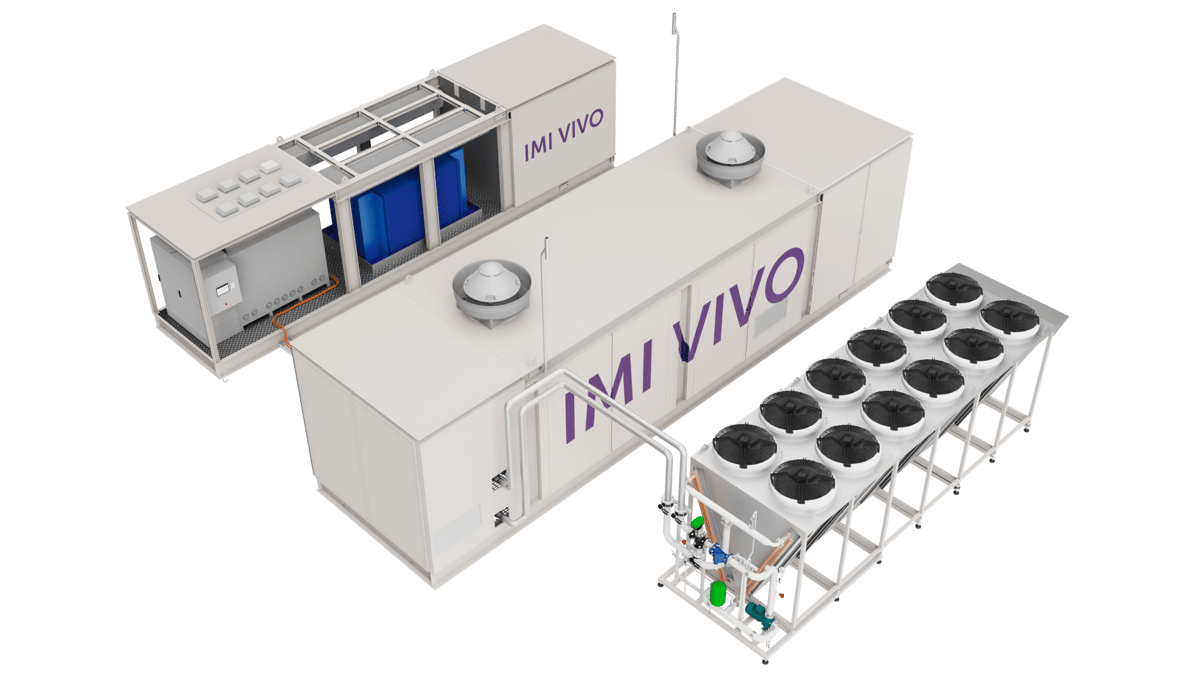Innovative Hydrogen-Powered District Heating Project in Germany
Key Ideas
- IMI's VIVO PEM electrolyser supports a hydrogen-powered district heating initiative in Zittau, Germany.
- The project aims to investigate real-scale heat extraction from hydrogen generation and its integration into the heating network.
- Hydrogen's by-products for district heating are emphasized, aligning with Germany's push for sustainable heating solutions.
- The project is part of the IntegrH2ate research project in collaboration with Linde, funded by the Federal Ministry of Education and Research.
IMI has supplied its advanced VIVO proton exchange membrane (PEM) electrolyser to support a hydrogen-powered district heating initiative in Zittau, Germany. The project, led by the Fraunhofer-Institution for Energy Infrastructures and Geothermal Systems (IEG), will establish a test facility at the Stadtwerke Zittau site to explore heat extraction from hydrogen generation on a real-scale level. By using PEM electrolysis, the waste heat produced will be transferred through a high-temperature heat pump and integrated into the municipal district heating network to study the technology's feasibility. This innovative project highlights the potential of hydrogen by-products in district heating, a sector crucial for the future of heating in Germany. The initiative is aligned with the government's goal of connecting over 100,000 properties annually to sustainable heating solutions. Roby Buyung, President of Process Automation at IMI, emphasized the significance of exploring hydrogen's applications beyond power generation. The project is part of the IntegrH2ate research project, supported by the Federal Ministry of Education and Research and developed in partnership with Linde. This initiative showcases a positive step towards utilizing hydrogen for efficient and sustainable heating solutions.
Topics
Production
Energy Transition
Government Initiative
Research Project
District Heating
Heat Pump
Scalable Technology
Latest News
